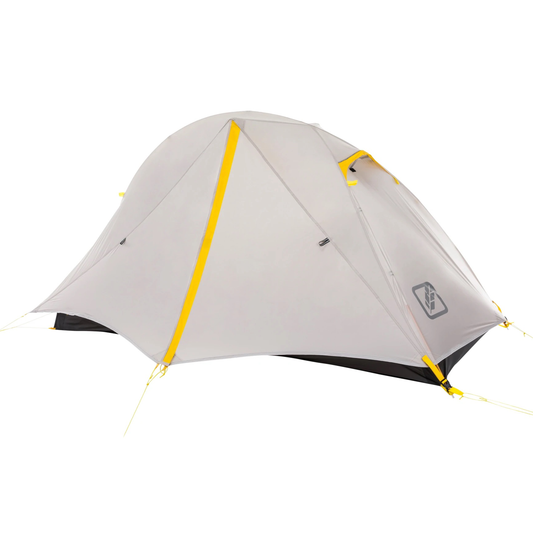
Maybe you've reached out to all your friends, and no one is available to go with you on your hiking, or perhaps you want to challenge yourself and do something a bit more daring and thrilling than usual. Backpacking solo can present such a challenge.
However, it would be best if you had a good grasp of all the ins and outs of going out alone to make the experience as fulfilling and safe as possible. Here we will discuss some tips and suggestions to help you achieve that.
Safety is paramount
Backpacking involves some risks and dangers on its own and going at it alone even more so. Don't try to do too much the first time. Choose relatively easy locations and avoid those that might force you to go on dangerous terrain that increases your likelihood of getting hurt or injured. Of course, it's all up to you and how experienced you are as a hiker. Just be aware of all the risks of the area you visit. Research and planning will go a long way to help you succeed in this endeavor.
Let your family and friends know where you plan on going
During the hike, keep them updated on how you are doing as much as possible. There are many apps you can use to share your current location. If there are cases where you can't use your phone due to not having network coverage or for any other reasons, make sure you let them know how long you plan on being away so that if they don't hear from you for more than that timeframe, they can reach out for help in case you get lost or have gone missing.
Stick to the plan
You may get tempted to go off-track and wander off to areas out of excitement or curiosity. That's a big no. Again, you want to stay safe and be easy to find in case something terrible happens. Going off track can make that infinitely more complex. Be disciplined and stay on track.
Prepare yourself physically
You want to be in good shape and be able to handle a hike comfortably. It is even more critical if you're going solo. No one else can help you overcome obstacles you may encounter on the trail. Exercise, go on walks or runs, and strengthen at the gym. These are some things you can do ahead of time to ensure you are physically getting prepared to complete your trip.
Have the right gear and tools for your trip
You will always see this in backpacking guides, which is worth mentioning again. Whether with a friend or alone, ensure you have all the items you need for the hike. Have a lighter, headlamp, flashlight, extra batteries, tent, knife, sleeping bags and pads, camping pillows, stove, and fuel. Bring enough food and water, cooking utensils, binoculars, field guides, and a compass. Check weather reports and, if necessary, bring extra clothing and protective gear to prepare for any weather.
Hiking alone can provide you with a much-needed break to escape and recharge from the realities of life. It can also build your independence and self-confidence. It is accomplishing something as challenging as backpacking solo can be a fun and fulfilling experience. Add this one to your checklist right now, start planning, and good luck!




